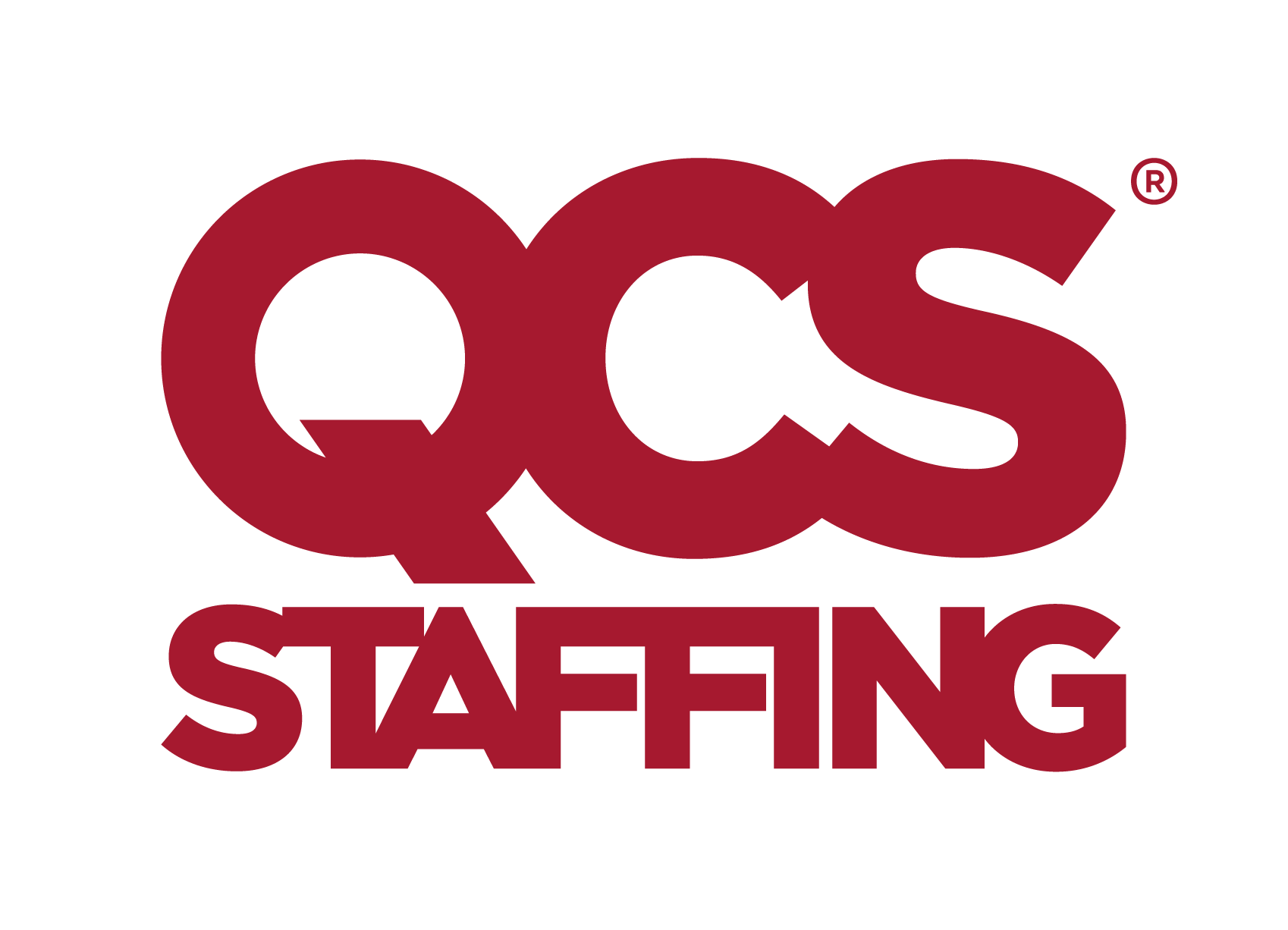Who is leading the race for a Covid-19 vaccine?
Life Sciences
Published on
18 September 2020
Ever since Covid-19 hit global headlines in March this year, the race has been on to develop a vaccine and a cure. In recent months, we’ve seen major strides made all over the world, but as the battle against Covid-19 rages on it is clear we are still some way off a mass vaccine rollout. Here’s the latest update on who’s leading the race for a vaccine:
How did we get here? A timeline
While it’s hard to remember a time without Covid-19, the virus was actually only identified in late December 2019 after China reported a cluster of new pneumonia cases in Wuhan. By mid-January scientists had mapped and published the genome sequence of the novel coronavirus, marking the start of the efforts to discover a vaccine. Fast forward to March and trials got underway in earnest. The US National Institutes of Health and Moderna Inc co-funded a trial of an investigational vaccine, while in April there were trials to test the tuberculosis vaccine against Covid-19. We also saw the unprecedented partnership of GSK and Sanofi teaming up to work on clinical trials and vaccine development.
April 23 is a particularly noteworthy day in the history of Covid-19. That’s when researchers at the University of Oxford began testing a Covid-19 vaccine in human volunteers, funded by the UK Government. By mid-May, phase two of the Oxford/AstraZeneca vaccine trial commenced, with AstraZeneca going on to strike a deal with France, Italy, the Netherlands and Germany for the supply of the vaccine. This is on top of existing agreements with Britain and the US. Human trials got underway on June 15 at London’s Imperial College, and by this stage it appeared that the Oxford/AstraZeneca vaccine was in its most advanced stages of any vaccine around the world.
In July, BioNTech and Pfizer reported positive results from their experimental vaccine, while Novavox received US$1.6bn funding from the US government to develop a vaccine. The month continued with encouraging news, including Russia and the US both reporting positive test results. Another milestone was reached on July 20 when the University of Oxford vaccine was shown to produce Covid-19 antibodies, however it was also in July that warnings began emerging that we may not see a fully developed, mass produced vaccine until 2021.
Where are we now?
While countries all over the world continue to develop, test and trial vaccines, it looks like the race to produce the first fully licenced vaccine is between the UK and Germany. The Oxford vaccine and BioNTech’s vaccine in Mainz, Germany, are at similar stages of development and may even see their products approved before the end of December. Both vaccines have had successful phase one and two trials, and while the German rival has not had as much media coverage as AstraZeneca, there are things working in its favour. One of the main differences is the manufacturing process. The Oxford vaccine requires a conventional manufacturing process, while the German rival is an mRNA-based product which means it can be synthesised more quickly. This is a clear advantage in a climate where billions of people will potentially need the vaccine.
As of 25 August, the director of the Oxford Vaccine Group has said that vaccine trials may have enough data to show whether it works and is safe by the end of 2020, when it will go before regulators. Meanwhile, the World Health Organisation continues to track more than 170 candidate vaccines and many countries are hedging their bets by investing in several different projects, including the UK which has secured doses of six different vaccines.
How is QCS Staffing helping in the fight against Covid-19?
As a global staffing supplier to the life sciences industry, we can support businesses looking to increase their workforce to help in the development of vaccines for Covid-19. We can provide staffing across vaccines, diagnostics, treatments, blood plasma and ventilators.






